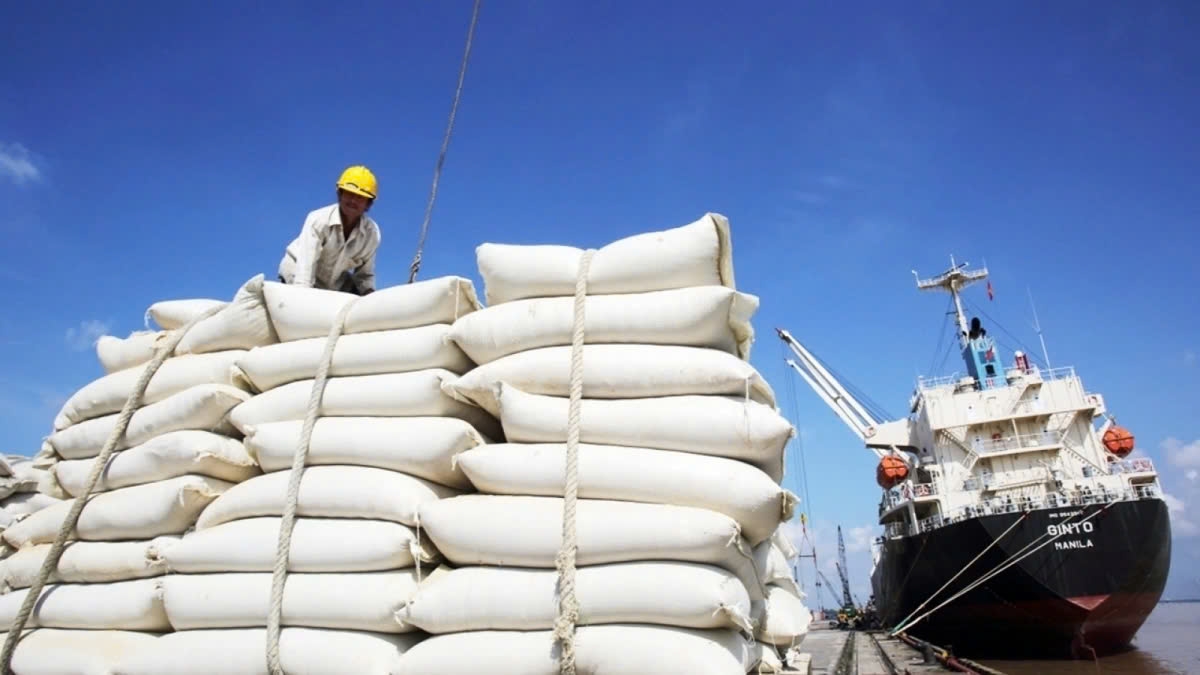
Ho Chi Minh City tops the list with 38 businesses, followed by Can Tho (35), Long An (22), An Giang and Dong Thap (14 each), Hanoi (10), Thai Binh and Tien Giang (4 each), and Kien Giang (3).
The Import-Export Department cited data from the Ministry of Agriculture and Rural Development, indicating Vietnam shipped 7.01 million tonnes of rice for US$4.37 million between Jan. - Sept. 2024, up 9.2% in volume and 23.5% in export earnings year-on-year. The export price of Vietnamese rice remains promising, increasing by 13.1% over the same period last year.
Since the beginning of the year, the supply from some rice-exporting countries has been limited, while the quality of Vietnamese rice has continuously improved, catering to the diverse tastes of the global market. In addition, the import demand from Vietnam’s regular consumer, such as the Philippines, Indonesia, and Malaysia, remains high, fuelling the volume and price of Vietnamese rice this year.
However, India has recently made a series of moves to ease rice exports, which are expected to impact the global rice market. The world’s leading rice exporter issued a decision to lift its ban on exporting non-Basmati white rice.
Although the supply of non-Basmati white rice from India is not substantial, experts say India’s return to the market will exert downward pressure on prices for 5% and 25% broken rice.
Businesses and rice farmers have been advised to collaborate and coordinate in production and consumption to ensure a stable supply amid potential fluctuations in the global rice market due to the increased supply.


